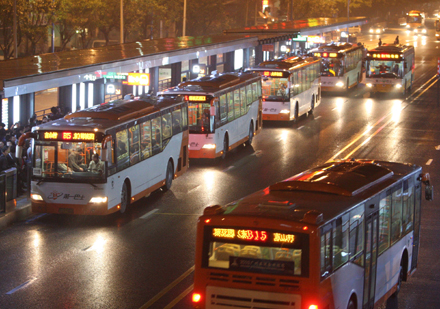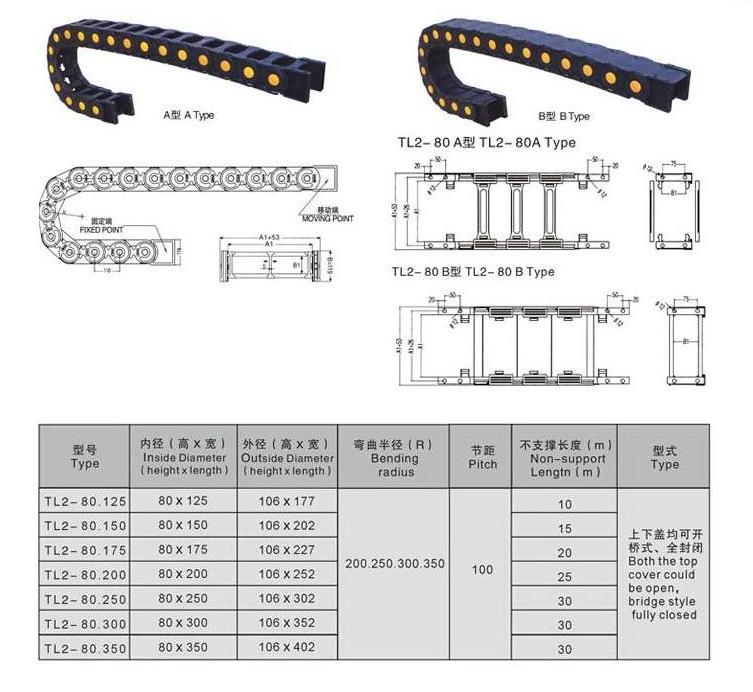 The Guangzhou Municipal Government's executive meeting recently reviewed and adopted the "Guangzhou Public Transport Industry's Progressive Application of LNG Bus Work Program." Liu Wei, deputy director of the Municipal Communications Committee, said that Guangzhou will gradually replace LNG (liquefied petroleum gas) with LNG (liquefied natural gas) in the next eight years. At present, LNG is not mandatory for buses that have not passed the retirement period.
The Guangzhou Municipal Government's executive meeting recently reviewed and adopted the "Guangzhou Public Transport Industry's Progressive Application of LNG Bus Work Program." Liu Wei, deputy director of the Municipal Communications Committee, said that Guangzhou will gradually replace LNG (liquefied petroleum gas) with LNG (liquefied natural gas) in the next eight years. At present, LNG is not mandatory for buses that have not passed the retirement period. It is understood that in order to improve air quality, Guangzhou began to gradually promote the use of LPG buses in 2003 in order to replace the previously commonly used diesel buses. As of now, there are more than 18,000 taxis in Guangzhou and nearly 10,000 buses. Most of them use LPG.
“Now the government has made a decision that LNG will become the main application of clean energy in Guangzhou in the coming period.†Liu Wei said that the promotion of LNG in the bus industry is a clear requirement of the country and Guangdong Province that it will build green public transport and improve Guangzhou’s air quality. Quality has positive significance.
From the beginning of this year, Guangzhou has already started trials of LNG buses. At present, two LNG refueling stations have been built and 421 LNG buses have been used in demonstration. In the next step, according to the planning and construction of the LNG refueling station, the Guangzhou City will gradually replace the old bus vehicles that have expired and become obsolete with LNG buses. Among them, 1600 buses were initially scheduled to be converted to LNG this year.
Liu Wei also stated that taxis do not consider the use of LNG for the time being, mainly because the technical equipment used by LNG in taxis is not yet mature.
The municipal executive meeting also made it clear that it will implement financial subsidies for LNG. Liu Wei said that as for how much subsidy each car will receive, it must be further measured. In the past, LPG subsidies for buses were 20,000 yuan and taxis were 2,000 yuan.
Compared with LPG vehicles, LNG is mainly expensive on gas cylinders, and each vehicle is more than 30,000 yuan more expensive. Moreover, the LNG engine has a higher technical level and the cost has also been increased. Based on this measure, then each vehicle is probably more expensive than 5 The acquisition cost of 10,000 yuan.
Cable carriers, also known as drag chains, or cable chains depending on the manufacturer, are guides designed to surround and guide flexible electrical cables and hydraulic or pneumatic hoses connected to moving automated machinery. They reduce wear and stress on cables and hoses, prevent entanglement, and improve operator safety.
Cable carriers may be arranged to accommodate horizontal, vertical, rotary and three-dimensional movements.

Drag Chain
Cable Carrier,Cable Drag Chain,Flexible Plastic Drag Chain,Cable Protective Chain
Hebei Hosan Machine Equipment Co.,Ltd , http://www.hosanmachinery.com
![<?echo $_SERVER['SERVER_NAME'];?>](/template/twentyseventeen/skin/images/header.jpg)